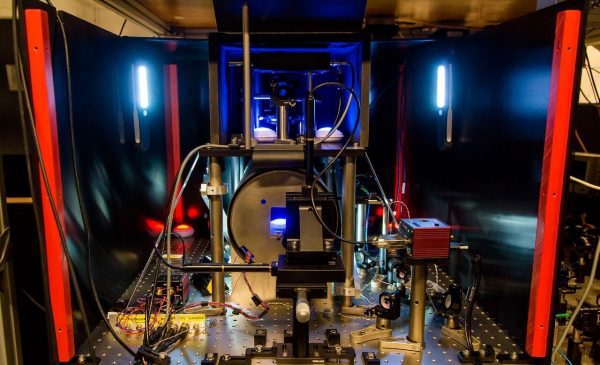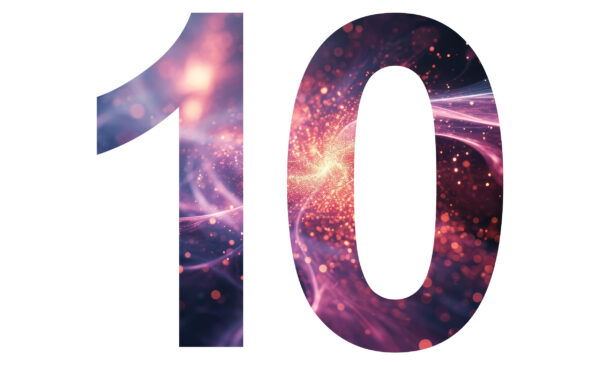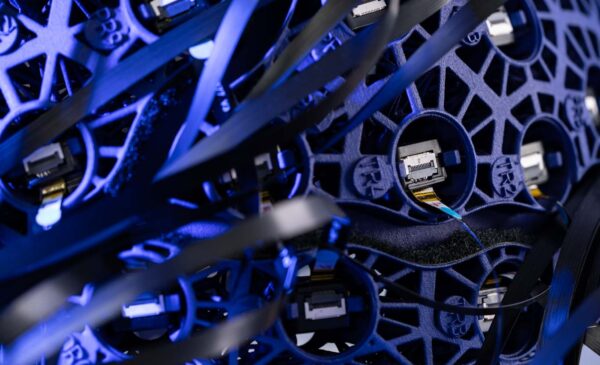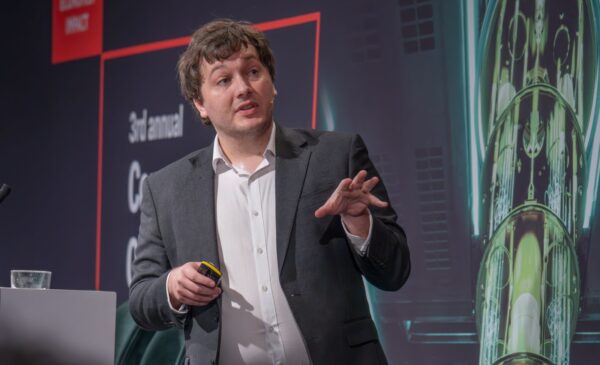“The beauty of quantum technology is that we are far from its physical limits” states Professor Kai Bongs, Director of the UK National Quantum Technology Hub for Sensors and Metrology, in the August edition of the Proceedings of the National Academy of Sciences of the United States of America (PNAS).
Written by Stephen Battersby, the article reflects on the quiet, steady development of quantum sensors, and the huge potential offered by an incredibly miniature science.
In the article, Professor Bongs describes how cooling systems and lasers have enabled researchers at the Quantum Technology Hub to manipulate and measure the quantum states of atoms: “We are at this sweet spot where we have quantum systems under sufficient control”. The aim now is to reduce the size and weight of the sensors, to make them portable, cheaper and more adaptable for real-world applications.
Nicole Metje, Professor in Infrastructure Monitoring, speaks about developing quantum gravity sensors to detect buried infrastructure in the article. Aside from digging holes, it is currently very difficult to know what lies beneath the ground. Current technology offer a limited subterranean view of the underground, but quantum sensors will enable engineers to peer through the ground and assess the underground assets much deeper and accurately than ever before.
Researchers at the Quantum Technology Hub are working with industry to transition the technology out of the labs into uncontrolled environments, ensuring its capabilities and resilience. An example of this is the prototype gradiometer, named the Gravity Imager, which was successfully field-tested in 2018. This technology will be able to spot a water-filled pipe twice as deep as current technology can manage, and efforts are now being made to reduce the size of the sensor.
Magnetic quantum sensors are also being developed, using the magnetoencephalography technique, to enable non-invasive brain monitoring. This will greatly help the healthcare sector in terms of diagnosing brain conditions such as dementia, and even epilepsy in children.
Quantum sensors are just at the ‘verge of commercial reality’, and there are still huge opportunities for improvements and more technological advancements as development continues.
To read the article, click on this link: https://www.pnas.org/content/116/34/16663




